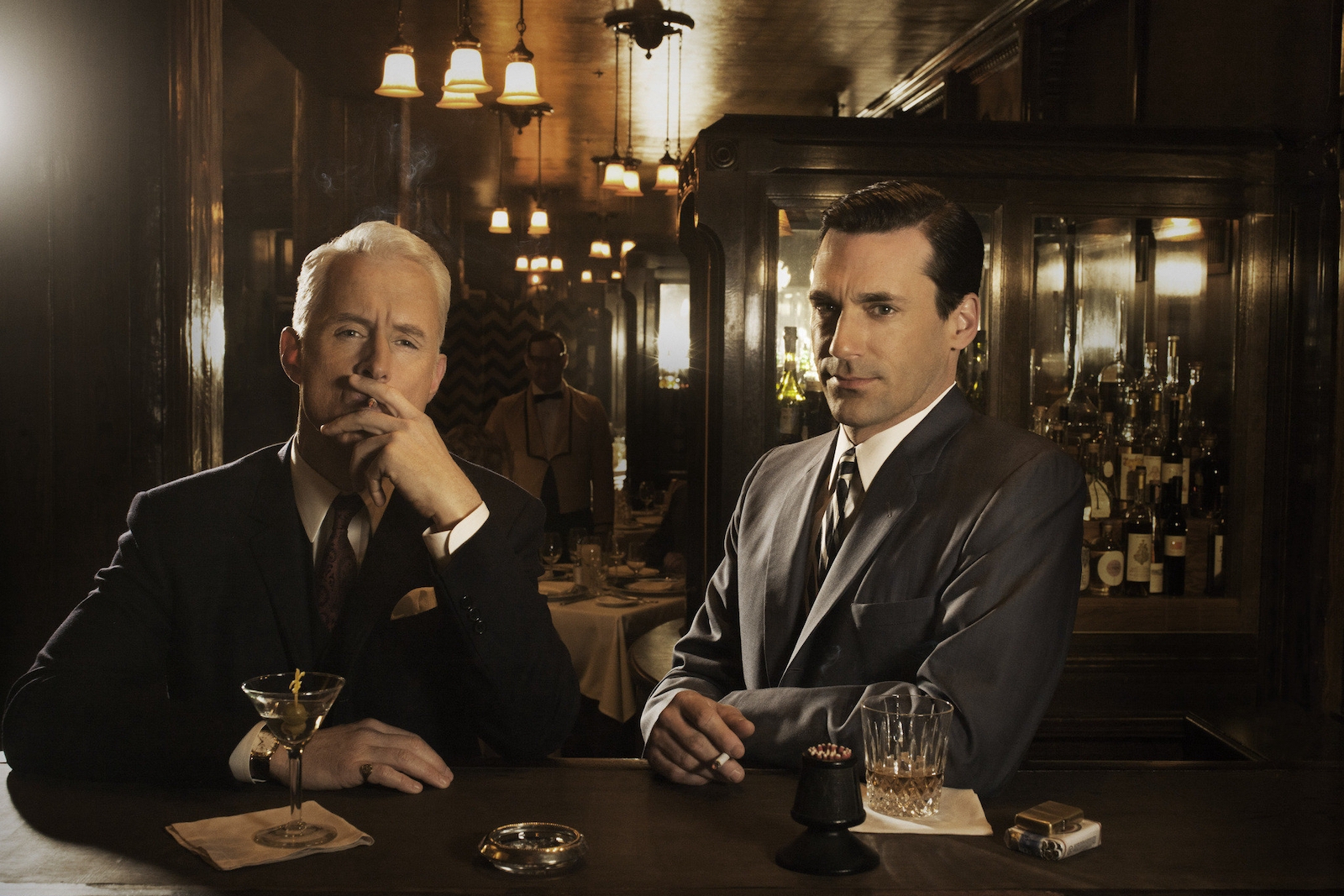
The FDA’s Anti-Tobacco Crusade is Foolish and Un-American
“Hey, man, this is America!”
We’re all familiar with the phrase. It used to signify a free person’s cordial invitation to shove off — Americans know their rights and are unafraid to exercise them. Today, however, the phrase has lost its rhetorical heft. “This is America!” could in fact be a recognition of the puritanical war that many of our country’s elites are waging against smoking and vaping. These activists have little respect for citizens’ rights and abilities to make their own choices. They want to expand the federal government’s reach in a wholly un-American fashion.
Just this year, the Food and Drug Administration has moved towards a comprehensive ban on menthol cigarettes and has also attempted to take Juul’s vaping products off the market. These moves are representative of a fidgety interventionist trend in certain elite circles, stemming from a dogmatic and pretextual distaste for cigarettes — or anything reminiscent of a cigarette. The resulting policy proposals are bound to cause more harm than good.
In its feud with Juul, the FDA was checked mid-victory lap: A federal appeals court stayed the agency’s ridiculous decision the day after it was issued. Juul is now in the process of challenging the substance of the ban on the basis that it is “arbitrary and capricious and lacks substantial evidence.” The FDA’s spectacular bungling makes perfect sense, however, given that its bureaucrats are less concerned with improving public health than furthering a long-running beef with nicotine vapes. Never mind that vaping is 95 percent safer than traditional smoking or that nicotine vapes are often indispensable to cigarette smokers attempting to quit. The fact is, vapes are simply too reminiscent of cigarettes for the FDA’s liking.
Unfortunately, the folks at the FDA aren’t alone in their iconoclastic desire to end vaping. Bogus study has followed bogus study linking vaping to all manner of woe, from cancer to erectile dysfunction.
Or consider the “popcorn lung” panic of 2019. Many Americans became convinced that e-cigarettes caused thousands of cases of a serious lung disease, only for the CDC to debunk the hysterical narrative. In truth, the disease — EVALI — was caused by vitamin E acetate, an additive in THC-containing vapes. In addition, most cases of EVALI were contracted from vapes obtained from what the CDC politely terms “informal sources.” Of course, as is the case with most fear-driven news stories, the original narrative received far more coverage than more subsequent, more-measured analysis. How many smokers continued using traditional cigarettes because they falsely believed that switching to e-cigarettes is unsafe? How many lives were cut short?
There’s an assumption held by the tobacco prohibitionists: that the government can — and often should — worm its way into the citizen’s personal life, so long as its micromanaging can plausibly (or even implausibly) relate to health. The American system, however, was intended for a nation of adults, and efforts to infantilize the population are incompatible with core American principles.
The logic of Leslie Knopian governance extends far beyond tobacco regulation. While less than 14 percent of American adults smoke cigarettes, almost 42 percent of Americans are obese. What’s more, more than 9,500 Americans are diagnosed with skin cancer every day, and the yearly rate of alcohol-related deaths averages out to over 140,000. Should we, therefore, instate a nanny-in-chief to criminalize the Big Mac and enforce sunscreen mandates? Should we bring back alcohol prohibition? The last time we tried that it ended in a nation full of drinkers and the rise of organized crime.
The FDA’s ongoing action against menthol cigarettes is an outgrowth of this same worldview. Its proponents, however, rarely confront the enforcement costs of criminalizing common behaviors. Derrick Johnson, president of the NAACP, for instance, called the proposed menthol ban a “win for justice,” due to the popularity of menthol cigarettes in the African-American community. While Mr. Johnson is understandably concerned about high rates of smoking-related diseases among Black Americans, he evidently has no qualms about extending the drug war into a new theater. The assumption that the proposed menthol ban will have no unintended consequences — simply because smoking is unhealthy — is as naive as Grandma’s railings against “Kids These Days” with their loud music and funny clothes. Would the world be a better place if no one smoked cigarettes? Surely. Is prohibition costless or particularly effective? Surely not.
Everyone understands that smoking cigarettes is unhealthy, and American smoking is on the decline. Doctor-endorsed “L.S./M.F.T.” commercials are no more. If the FDA is serious about tobacco harm reduction — “THR,” for short — and insistent on involving itself, it should eschew ill-advised bans and focus its resources on promoting THR strategies that are demonstrably effective (like vaping). Instead of extending the drug war — which will inevitably lead to violence — Washington could expose the myriad fictions advanced by anti-vape puritans.
That tobacco users are, in 2022, a shrinking and increasingly unpopular constituency renders their rights not less, but more worthy of public defense. The American system was designed to protect the rights of small factions against meddlesome majorities and to create space for citizens to pursue their own notions of happiness.

